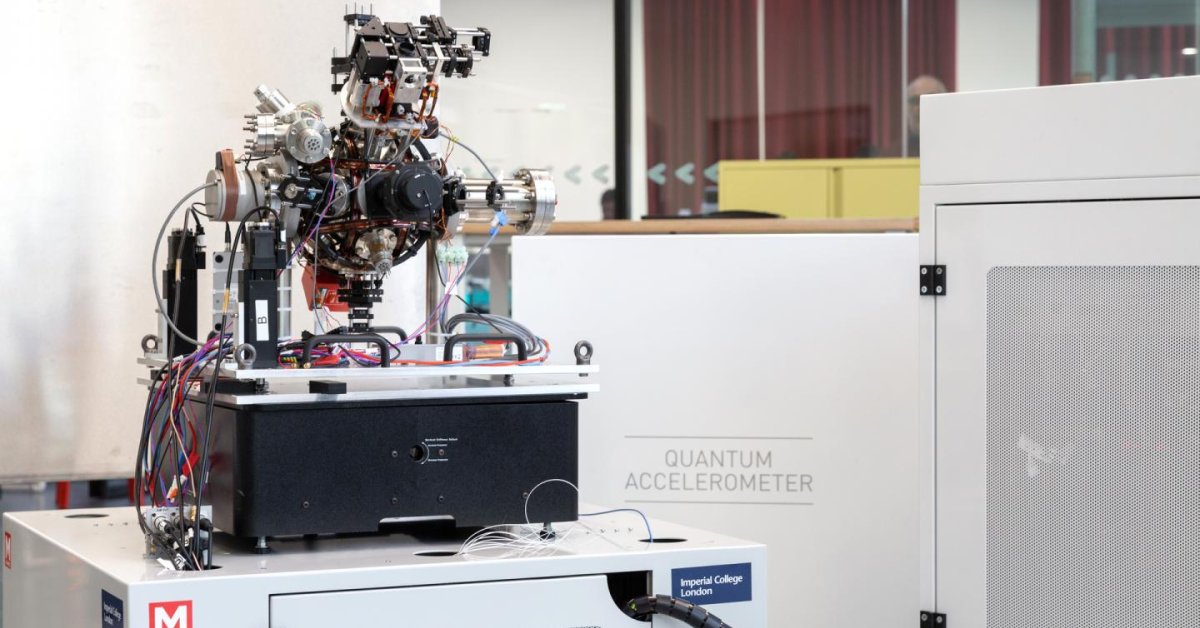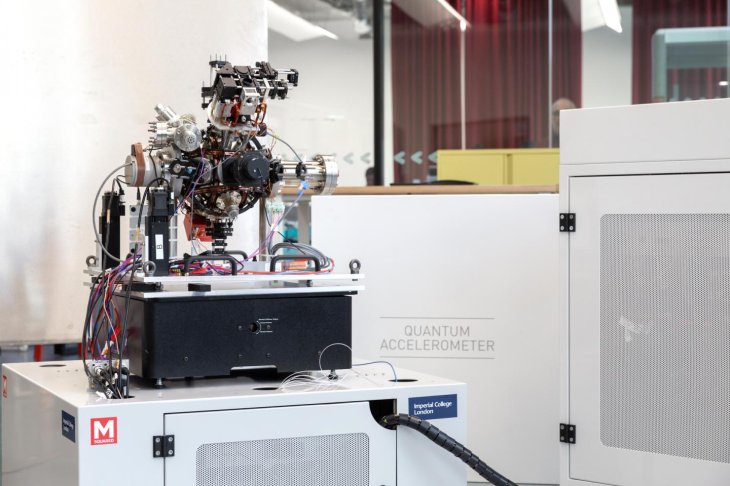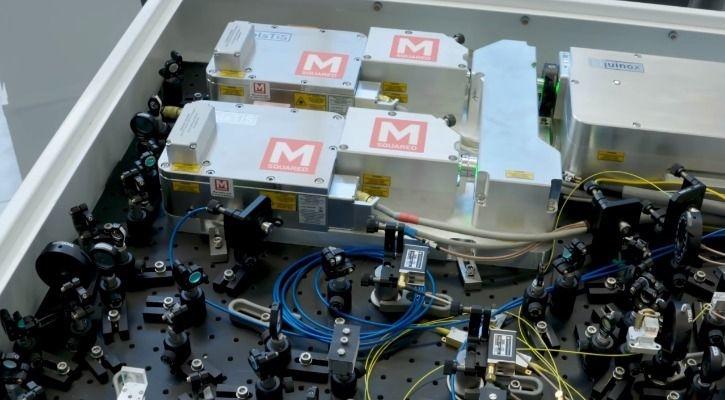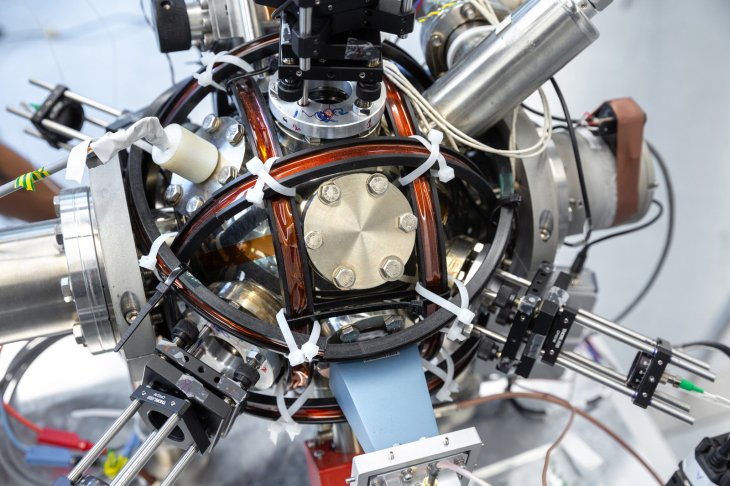The World’s First Quantum Compass Can Put GPS To Retirement
Dhir Acharya - Nov 14, 2018

Scientists have developed a new compass which doesn't rely on satellite signals to function like GPS and offers high accuracy.
- How to Fake GPS Location on iPhone or Android
- Indian NavIC Is More Accurate Than GPS And It Is Coming To The PublicThis Year
- Facts About India-made GPS System, Which May Come With Your Future Smartphones
GPS has become a crucial part of various modern devices like smartphones, cars or even airplanes. Nevertheless, its technology isn’t perfect, especially when you’ve got no signal. But, scientists have come up with a solution.

Quantum compass
Scientists at the Imperial College London have developed a quantum compass, as they call the device. This creation's operation doesn’t depend on satellites like GPS, so you can say it can navigate even without a signal.
At the National Quantum Technologies Showcase, researchers described the device as closer to a smartphone accelerometer. An accelerometer measures your phone’s moving speed so that it can give you driving instructions, indicate traffic on Google Maps, etc. However, this sensor does not use external references for recalibrating, so the longer they work, the less accurate they become compared to GPS.

But this quantum accelerometer uses supercooled atoms, which give it an incredible accuracy. The atoms are cooled down until they show quantum behavior, meaning it acts as both wave and particle. As an atom moves, its wave characteristics are affected by acceleration, and scientists can take advantage of this to see how it’s moving with a notable level of precision.

Despite being portable, the device is currently too large for gadgets like a smartphone. Yet, that doesn’t mean we have to wait for further development to enjoy its benefits, the device has already helped astronauts so much.
Since satellites signals can only be received on Earth or low-Earth orbit, astronauts cannot use GPS in space. Once GPS is out of low-Earth orbit area, it becomes useless. To overcome this inconvenience, NASA has installed transmitters on Earth to send signals up to space so that they can control unmanned space missions.
Still, when humans come to space, they need to know where their own position. And it takes hours or even days for radio signals to travel forth and back between astronauts and the Earth. This quantum compass, instead, can detect the spacecraft’s location accurately, this can play a vital role once we start mapping the reaches of deep space.

Featured Stories

Features - Jan 29, 2026
Permanently Deleting Your Instagram Account: A Complete Step-by-Step Tutorial

Features - Jul 01, 2025
What Are The Fastest Passenger Vehicles Ever Created?

Features - Jun 25, 2025
Japan Hydrogen Breakthrough: Scientists Crack the Clean Energy Code with...

ICT News - Jun 25, 2025
AI Intimidation Tactics: CEOs Turn Flawed Technology Into Employee Fear Machine

Review - Jun 25, 2025
Windows 11 Problems: Is Microsoft's "Best" OS Actually Getting Worse?

Features - Jun 22, 2025
Telegram Founder Pavel Durov Plans to Split $14 Billion Fortune Among 106 Children

ICT News - Jun 22, 2025
Neuralink Telepathy Chip Enables Quadriplegic Rob Greiner to Control Games with...

Features - Jun 21, 2025
This Over $100 Bottle Has Nothing But Fresh Air Inside

Features - Jun 18, 2025
Best Mobile VPN Apps for Gaming 2025: Complete Guide

Features - Jun 18, 2025
A Math Formula Tells Us How Long Everything Will Live
Read more

ICT News- Feb 18, 2026
Google's Project Toscana: Elevating Pixel Face Unlock to Rival Apple's Face ID
As the smartphone landscape evolves, Google's push toward superior face unlock technology underscores its ambition to close the gap with Apple in user security and convenience.

Mobile- Feb 17, 2026
Anticipating the Samsung Galaxy S26 and S26+: Key Rumors and Specs
The Samsung Galaxy S26 series is on the horizon, sparking excitement among tech enthusiasts.

ICT News- Feb 19, 2026
Escalating Costs for NVIDIA RTX 50 Series GPUs: RTX 5090 Tops $5,000, RTX 5060 Ti Closes in on RTX 5070 Pricing
As the RTX 50 series continues to push boundaries in gaming and AI, these price trends raise questions about accessibility for average gamers.
Comments
Sort by Newest | Popular